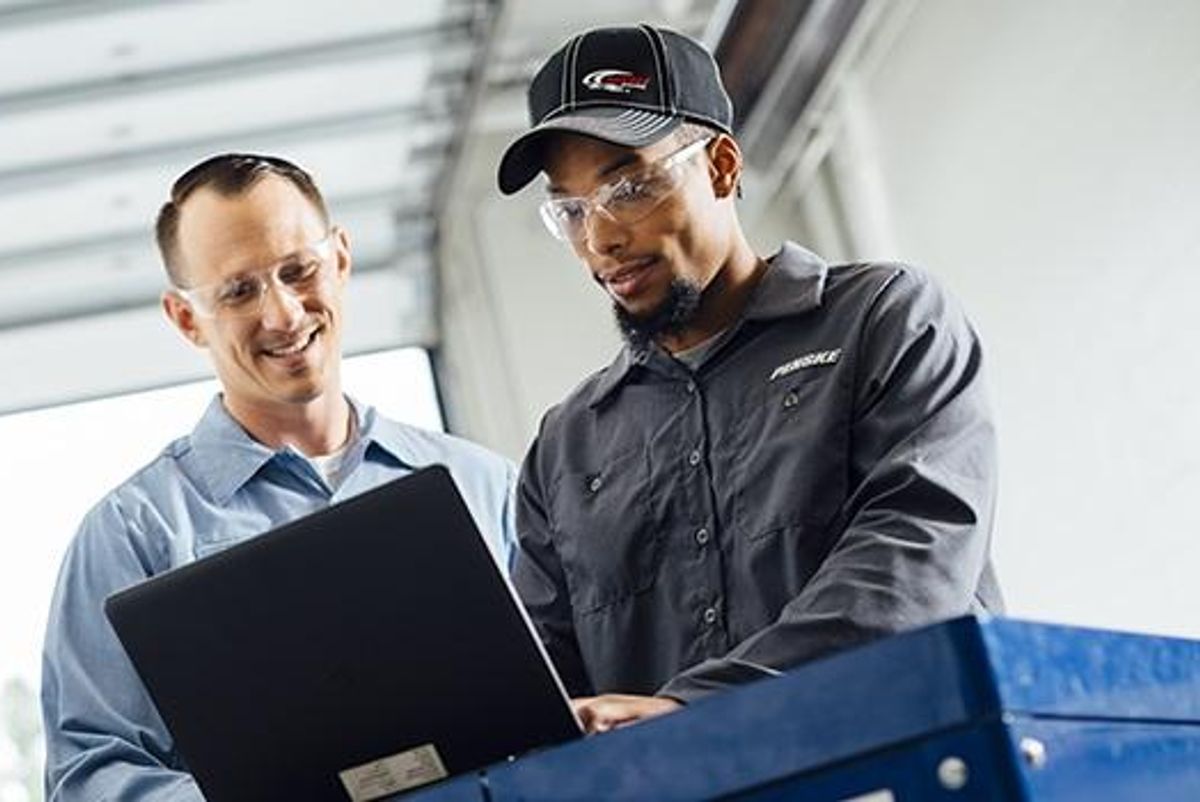
Penske Truck Leasing Debuts Truck Maintenance On-Site Guide
Penske Truck Leasing announced today it has introduced a new truck maintenance on-site guide, Shipper’s Guide to Outsourcing On-Site Fleet Maintenance, which is now available at no cost. The three-part guide provides detailed information on how businesses can implement on-site maintenance to navigate the obstacles of operating a vehicle maintenance facility.
The easy-to-read guide explains how businesses can optimize commercial vehicle maintenance by turning to qualified outside maintenance providers to deliver on-site service. With third-party on-site maintenance, you can reap the benefits of a cost-efficient, in-house maintenance program while turning the risks (e.g., updating software and tooling or hiring and training skilled technicians) over to a strategic partner, like Penske.
As a leader in the transportation industry, Penske offers a proven program of contract maintenance services that can help vehicle maintenance facilities:
- Predict operating costs
- Increase labor productivity
- Optimize vehicle uptime and lifecycle
- Achieve environmental goals
- Outsource financial and compliance risk
From navigating the current technician labor shortages, to managing everchanging regulations and inventories, operating a vehicle maintenance facility can be a lot to handle.
Jim Lager, executive vice president sales and rental, Penske Truck Leasing: “To help businesses navigate these obstacles, this complimentary eBook provides the tools needed to evaluate how an on-site maintenance partner like Penske can effectively manage your fleet life-cycle needs, maintenance requirements and many other aspects of your transportation operation, so you can focus on your core business.”
By "Move Ahead" Staff